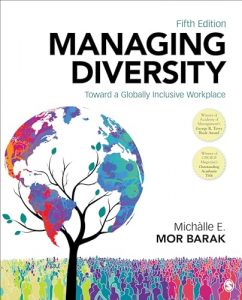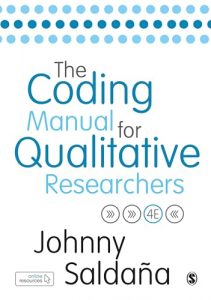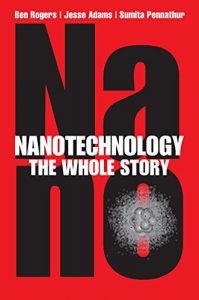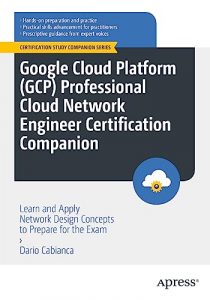Understanding Team Dynamics in Research
In the world of academic and organizational research, the importance of effective team dynamics cannot be overstated. As projects grow in complexity and scope, the ability of team members to collaborate efficiently and harmoniously becomes critical. The right dynamics can lead to increased creativity, higher productivity, and ultimately, groundbreaking findings. However, achieving this level of synergy requires a solid understanding of the principles that govern group interactions.
In this blog post, we will delve into an incredible selection of books that tackle the subject of team dynamics within the research environment. These titles not only address the theoretical frameworks but also offer practical strategies for fostering an inclusive and collaborative atmosphere among diverse team members. Whether you’re a leader looking to enhance team performance or a researcher keen on optimizing your group’s potential, these books are essential additions to your library.
Book Reviews
Promoting Inclusive Classroom Dynamics in Higher Education
Authoritative and insightful, “Promoting Inclusive Classroom Dynamics in Higher Education” serves as a beacon for educators striving to cultivate an inclusive learning environment. This book offers critical perspectives and actionable strategies aimed at enhancing team dynamics among students and faculty. It emphasizes the importance of considering diverse backgrounds and fostering participation from all members, showcasing how inclusivity can lead to richer discussions and innovative outcomes. With a focus on real-world applications, this is a must-have for any academic professional aiming to improve their institution’s culture.

Team Work and Group Dynamics
“Team Work and Group Dynamics” is an excellent resource for anyone serious about improving team performance in research settings. Authored by top thinkers in the field, this book meticulously covers the foundational theories of teamwork, examining various models of group behavior. It provides a clear framework that organizations can utilize to enhance communication and cooperation, ultimately leading to more effective research outcomes. The blend of academic insight with practical applicability makes this book a standout for both seasoned researchers and newbies alike.

Interdisciplinary Research Team Dynamics – A Systems Approach to Understanding Communication and Collaboration in Complex Teams
For those looking to navigate the complexities of interdisciplinary collaboration, “Interdisciplinary Research Team Dynamics” is a key resource. This book dives deep into systems approaches to communication and collaboration, offering insights on how teams from distinct backgrounds can effectively achieve research goals. Drawing from extensive case studies and recent developments, it’s an essential read for leaders managing multifaceted teams, providing practical advice on overcoming barriers and leveraging diverse skill sets.

Team Sports Training: The Complexity Model (Routledge Research in Sports Coaching)
While focused on sports, “Team Sports Training: The Complexity Model” offers valuable concepts applicable to research teams. This book explores how complexity theory can be utilized to enhance team training outcomes. It presents an innovative approach to preparing teams for challenges, teaching that adaptability and responsiveness are key in both sports and research collaborations. This unique perspective can offer fresh insights for any project leader looking to enhance team performance.

Dynamic Capabilities: Understanding Strategic Change in Organizations
In the ever-evolving sphere of research, “Dynamic Capabilities” shines a light on how organizations can adapt to change effectively. This book discusses how teams can build capabilities to respond to organizational challenges and leverage them for strategic advantages. With an emphasis on leadership roles in fostering agility, this book is an invaluable guide for research leaders aiming to thrive in complex environments.

Team Dynamics Over Time (Research on Managing Groups and Teams, 18)
“Team Dynamics Over Time” provides a fascinating look at how team dynamics evolve throughout various phases of project development. This book compiles extensive research showing the importance of understanding the lifecycles of teams and how to navigate changes effectively. It’s particularly beneficial for seasoned researchers who want to delve into how time influences team interactions and performance metrics.

Deliberate Creative Teams: How to Lead for Innovative Results
In “Deliberate Creative Teams“, authors share invaluable strategies for leading teams towards innovation. This book breaks down the leadership behaviors that foster a creative environment and guides how leaders can inspire innovative solutions across diverse teams. For anyone looking to cultivate a culture of creativity in their research endeavors, this book is irreplaceable.

Team Training Essentials: A Research-Based Guide
This comprehensive guide, “Team Training Essentials“, is crucial for enhancing teamwork effectiveness. It discusses a range of research-backed techniques and methodologies designed to improve team performance in research settings. By illustrating how training programs can be structured for optimal results, researchers and leaders can leverage these insights to build stronger teams and enhance research outputs.

Complexity and Control in Team Sports (Routledge Research in Sport and Exercise Science)
“Complexity and Control in Team Sports” examines how controlling complex systems in sports teams can yield useful insights for research team management. This title argues that understanding the interactions within teams can enhance performance and efficiency—a compelling read for those looking to draw parallels between sports and researcher collaboration.

Committed Teams: Three Steps to Inspiring Passion and Performance
To wrap up our selection, “Committed Teams” offers a practical three-step process designed to enhance team passion and performance. This title converges valuable theories with actionable steps, providing readers with insights on how to motivate and manage their teams effectively. Ideal for any leader wishing to inspire their team towards achieving their collective research goals.




































